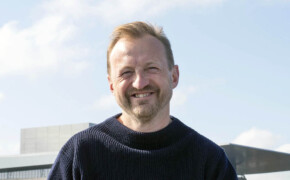Universitetsavisen
Nørregade 10
1165 København K
Tlf: 35 32 28 98 (mon-thurs)
E-mail: uni-avis@adm.ku.dk
Section
If University of Copenhagen's 38,000 students are representative, 1,300 of them have the skin condition plaque psoriasis. A lot of people have it, but current treatments are impractical. Two UCPH researchers have developed a clever alternative.
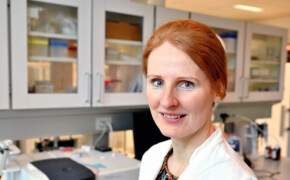
In body-temperature incubators at BRIC, a series of micro cancer tumours are growing — based on cells from real patients. The tumours can be used to test more than 1,000 alternative treatment options simultaneously.

David Dreyer Lassen sees a shift in the EU’s view on technology with both civilian and military uses — UCPH must decide where to draw the line.
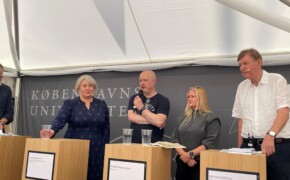
Academics can feel like they’ve tricked their colleagues into overestimating them. This researcher knows how to fight it.
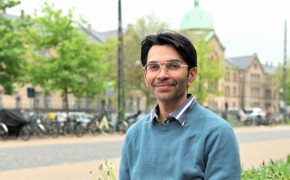
Women left out of architectural history — UCPH project aims to set the record straight through Wikipedia edit-a-thons.
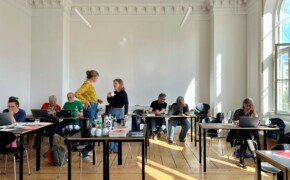
Artificial intelligence evokes fascination, fear — and a good deal of hype. A new Danish interdisciplinary centre aims to guide public authorities and businesses in using the technology for the benefit of citizens and society.

Minister for Higher Education and Science Christina Egelund used the Royal Danish Academy’s annual meeting to warn against both naivety and isolation in international research.
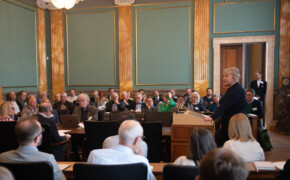
Denmark ranks among the worst for dental health inequality — and it can lead to isolation and shame. Meet a researcher who is driven by a sense of fairness, working to help the elderly and the vulnerable.
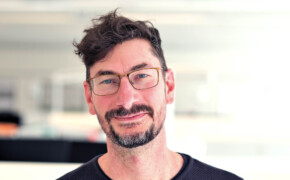
Donald Trump’s hard line on researchers and universities could strengthen research collaboration in Europe, predicts UCPH deputy director.
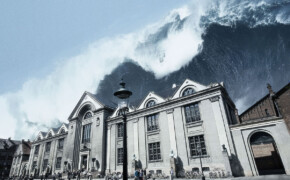
In a few years time, and with an AI model under development at the Faculty of Law, we can predict how religion, nationality or education can influence the outcome of an asylum case. The aim is to prevent bias in case processing.
